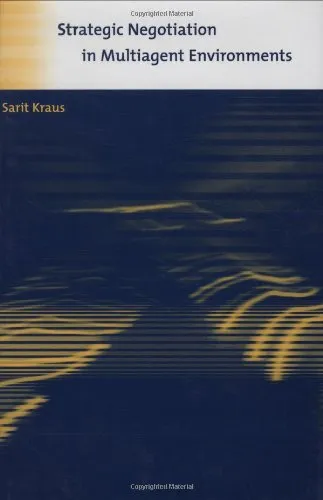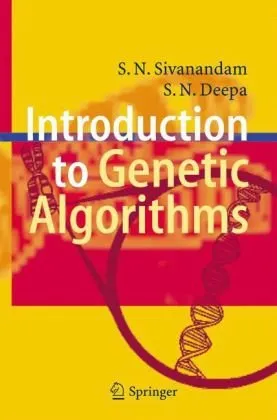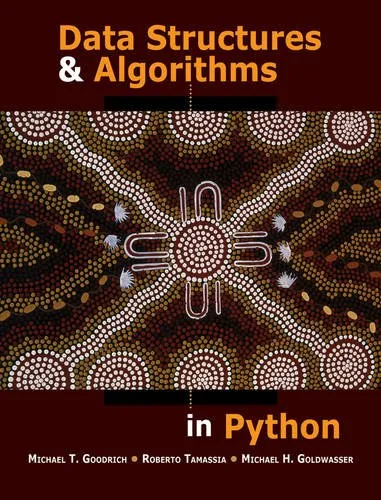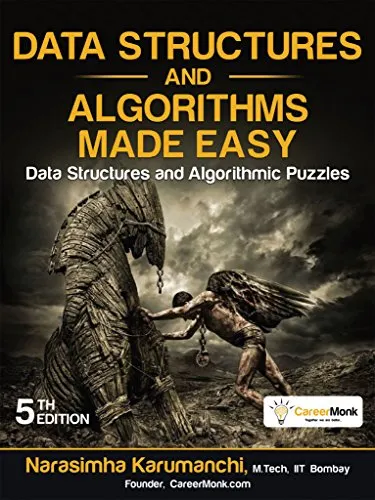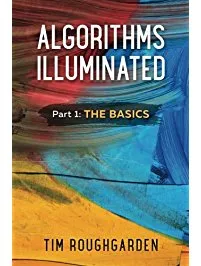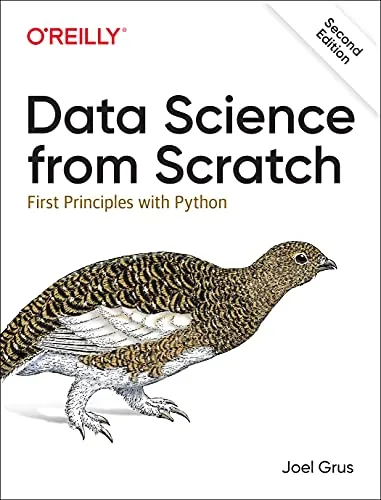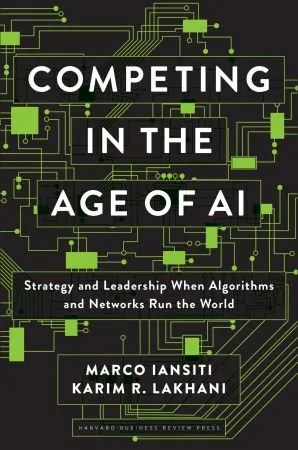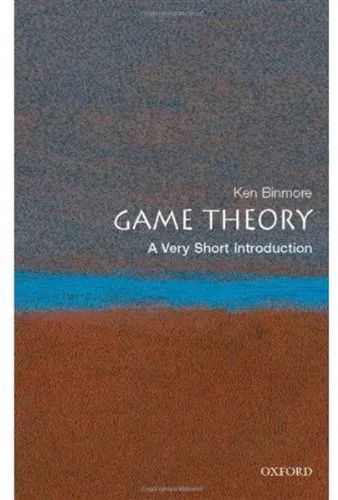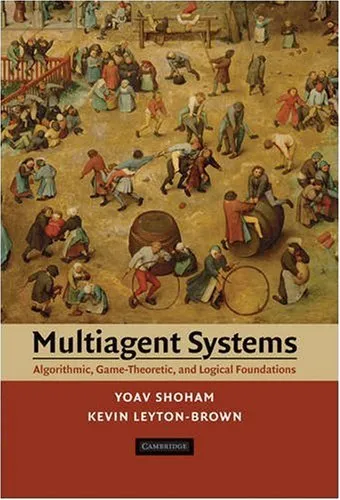Strategic Negotiation in Multiagent Environments
4.0
Reviews from our users

You Can Ask your questions from this book's AI after Login
Each download or ask from book AI costs 2 points. To earn more free points, please visit the Points Guide Page and complete some valuable actions.Related Refrences:
Introduction to "Strategic Negotiation in Multiagent Environments"
The rapid advancement of technology has created a world where autonomous systems and agents interact, work collaboratively, and compete in complex and dynamic environments. "Strategic Negotiation in Multiagent Environments" by Sarit Kraus provides a deep dive into negotiation strategies, focusing on multiagent systems where independent entities face challenges of cooperation and competition. This book serves as an essential resource for both researchers and professionals interested in the intersection of artificial intelligence, game theory, and decision-making processes.
The field of multiagent systems is revolutionizing industries ranging from e-commerce and logistics to autonomous vehicles and smart grids. Through the lens of negotiation, this book explores the intricacies of how agents—whether human or artificial—can achieve their goals in an interconnected system. It combines rigorous academic theory with practical applications, offering a well-rounded examination of the discipline.
Detailed Summary of the Book
At its core, "Strategic Negotiation in Multiagent Environments" explains how autonomous agents can engage in negotiations to allocate resources, resolve conflicts, and secure mutually beneficial agreements. The book encompasses a range of methodologies, frameworks, and algorithms that address critical aspects of negotiation, including strategy formulation, learning, and the influence of bounded rationality.
The book begins by establishing a foundational understanding of negotiation processes in multiagent environments, including the modeling of rational agents and their goals. It elaborates on game-theoretic approaches and delves into strategies that are both cooperative and competitive in nature. From there, it ventures into advanced topics such as argument-based negotiations, preference modeling, and dynamic environments where conditions evolve in real-time.
One of the standout aspects of this book is its interdisciplinary approach. It incorporates insights from economics, behavioral science, and computer science to create a robust framework for negotiation in complex systems. Whether discussing the way trust impacts multiagent interactions or how agents can learn and adapt over time, Kraus provides clear insights backed by empirical examples.
Key Takeaways
- A comprehensive understanding of negotiation in multiagent systems, blending theory and practice.
- In-depth analysis of cooperative and non-cooperative game theory as it applies to decision making in dynamic environments.
- Techniques for modeling agent behavior, including learning adaptations, bounded rationality, and trust considerations.
- Dynamic negotiation strategies that account for real-world uncertainty and incomplete information.
- Applications of the concepts to practical domains such as e-commerce, supply chain management, and automated customer service.
Famous Quotes from the Book
"Negotiation is not merely about winning or losing; it is the art of aligning divergent goals to arrive at an equilibrium that serves as the foundation for collaboration."
"In multiagent environments, the ability of autonomous systems to learn, adapt, and respond strategically defines their success in achieving optimal outcomes."
"The intersection of trust, competition, and cooperation is where truly effective negotiations occur."
Why This Book Matters
"Strategic Negotiation in Multiagent Environments" is more than a technical manual—it redefines how we think about negotiation by integrating principles from computer science, game theory, and behavioral analysis. The world is transitioning to a future where interconnected systems form the backbone of industries and society, and understanding how these systems negotiate is imperative.
From researchers developing algorithms for autonomous agents to professionals designing systems for practical deployment, this book equips readers with the tools and knowledge to excel. It addresses challenges such as resource allocation, conflict resolution, and cooperation in decentralized systems, offering solutions grounded in both theoretical rigor and real-world applicability.
By bridging the gap between abstract concepts and practical considerations, this book empowers its audience to contribute meaningfully to the field of artificial intelligence and multiagent systems. Its importance lies in preparing its readers—whether students, researchers, or industry practitioners—for the increasingly autonomous and interconnected future that lies ahead.
Free Direct Download
You Can Download this book after Login
Accessing books through legal platforms and public libraries not only supports the rights of authors and publishers but also contributes to the sustainability of reading culture. Before downloading, please take a moment to consider these options.
Find this book on other platforms:
WorldCat helps you find books in libraries worldwide.
See ratings, reviews, and discussions on Goodreads.
Find and buy rare or used books on AbeBooks.
1319
بازدید4.0
امتیاز0
نظر98%
رضایتReviews:
4.0
Based on 0 users review
Questions & Answers
Ask questions about this book or help others by answering
No questions yet. Be the first to ask!
